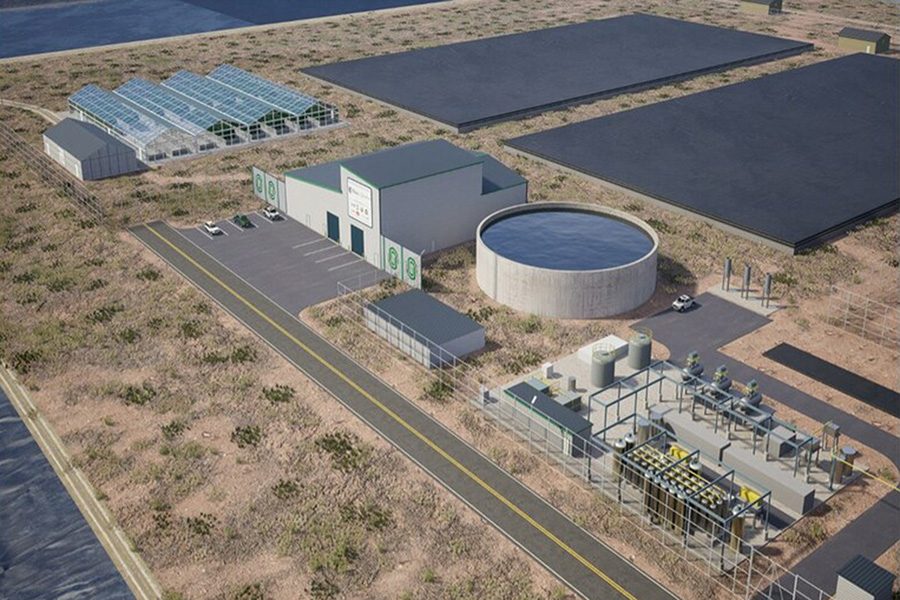
Home » Ecology seeks water quality permit fee increases
Ecology seeks water quality permit fee increases

A $180 million expansion of Pasco’s Process Water Reuse Facility is expected to bring it’s processing capacity to one billion gallons of process wastewater per year, while also providing renewable energy and other benefits from advanced technologies.
Courtesy Burnham RNGApril 1, 2025
Most businesses and other entities that require water quality permits from the state would see the fees increase under changes proposed by state ecology officials.
The Department of Ecology issues 6,500 water quality permits across the state for operations ranging from agriculture and coast fishing to industrial and mining operations. Under the proposal, most permit holders would see their fee costs increase between $100 and $1,000. A fraction of permit holders would see no change or even a decrease in their fee costs.
The proposed changes would establish new options for smaller operations in some fee categories, so they can pay a fee that is better aligned with the cost to administer their permit, according to a release.
Ecology is also proposing new subcategories for large operations for some permit types, such as ore mining and concentrated animal feeding operations (CAFOs). By putting large, complex permits in separate subcategories, these changes are intended to minimize the ongoing cost of permit fees on smaller operations.
“These changes better align our permit fee structure with the range of business sizes and types in Washington,” said Vince McGowan, Ecology’s water quality program manager, in a release. “We want to make it more affordable for smaller operations to obtain water quality permits while ensuring that more complex permits are covering their fair share of program costs.”
Other proposed changes include:
- Individual permits for industrial and construction stormwater are currently in the same fee category. Ecology plans to separate out the two types of permits and create fee tiers that reflect the range of operations.
- Sand and gravel operations will have a new fee category for small asphalt and concrete producers.
- Ore mining updates focus on sites that are in reclamation and no longer operating.
- CAFOs includes changes for dairy and non-dairy operations.
- Seafood processing will have new fee tiers to better represent the range of facilities.
The department is accepting public comment on the fee proposal through May 20. Those comments can be made online or mailed to Matthew Tietjen, Department of Ecology, Water Quality Program, P.O. Box 47600, Olympia, WA 98504-7600
Ecology will hold two virtual public hearings in May. The events will include an overview of the proposed rule and a question-and-answer period, followed by public comment.
- May 12, 5:30 p.m., register on Zoom
- May 13, 1 p.m., register on Zoom
Latest News
KEYWORDS April 2025
Related Articles
Related Products




